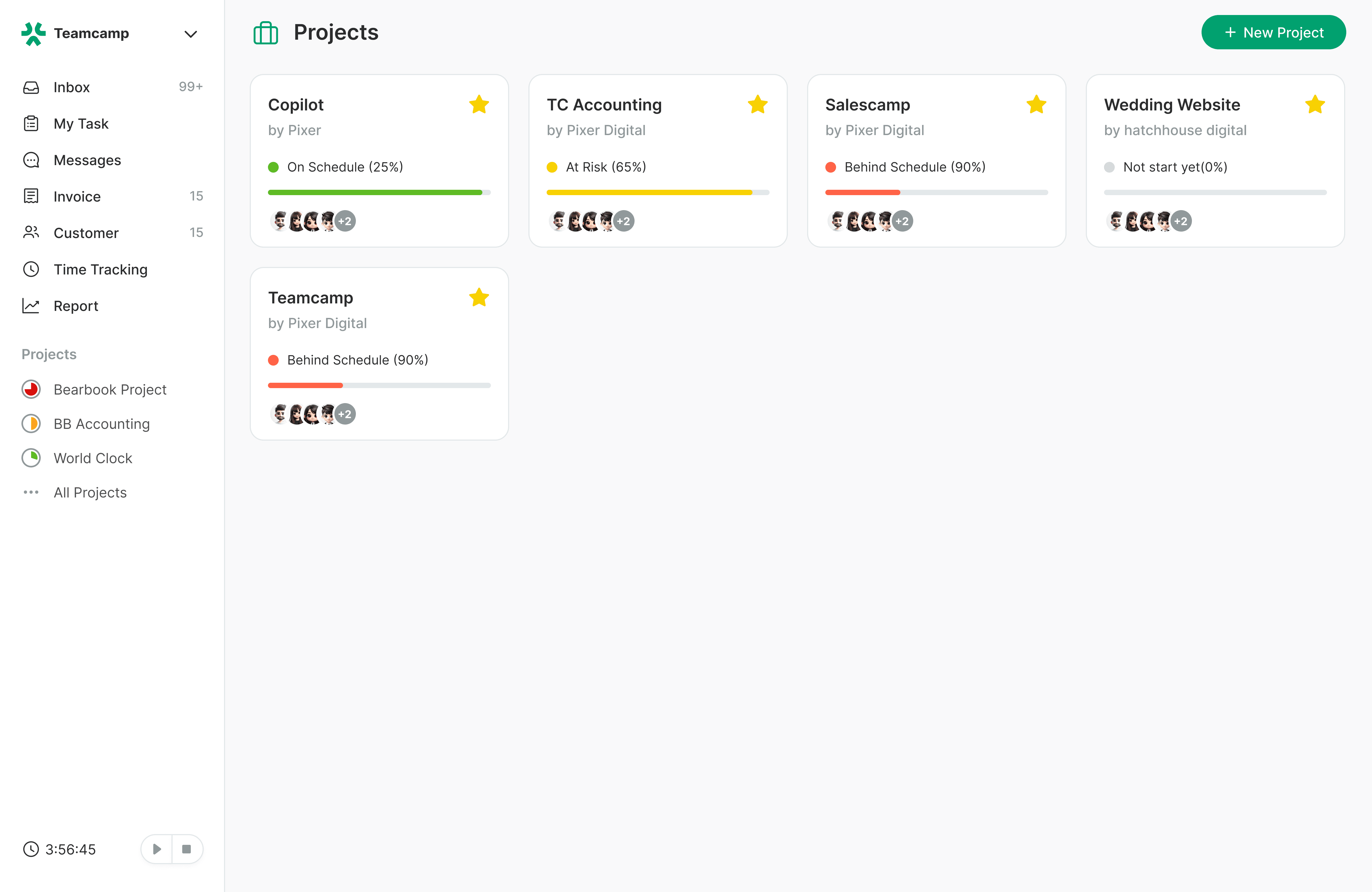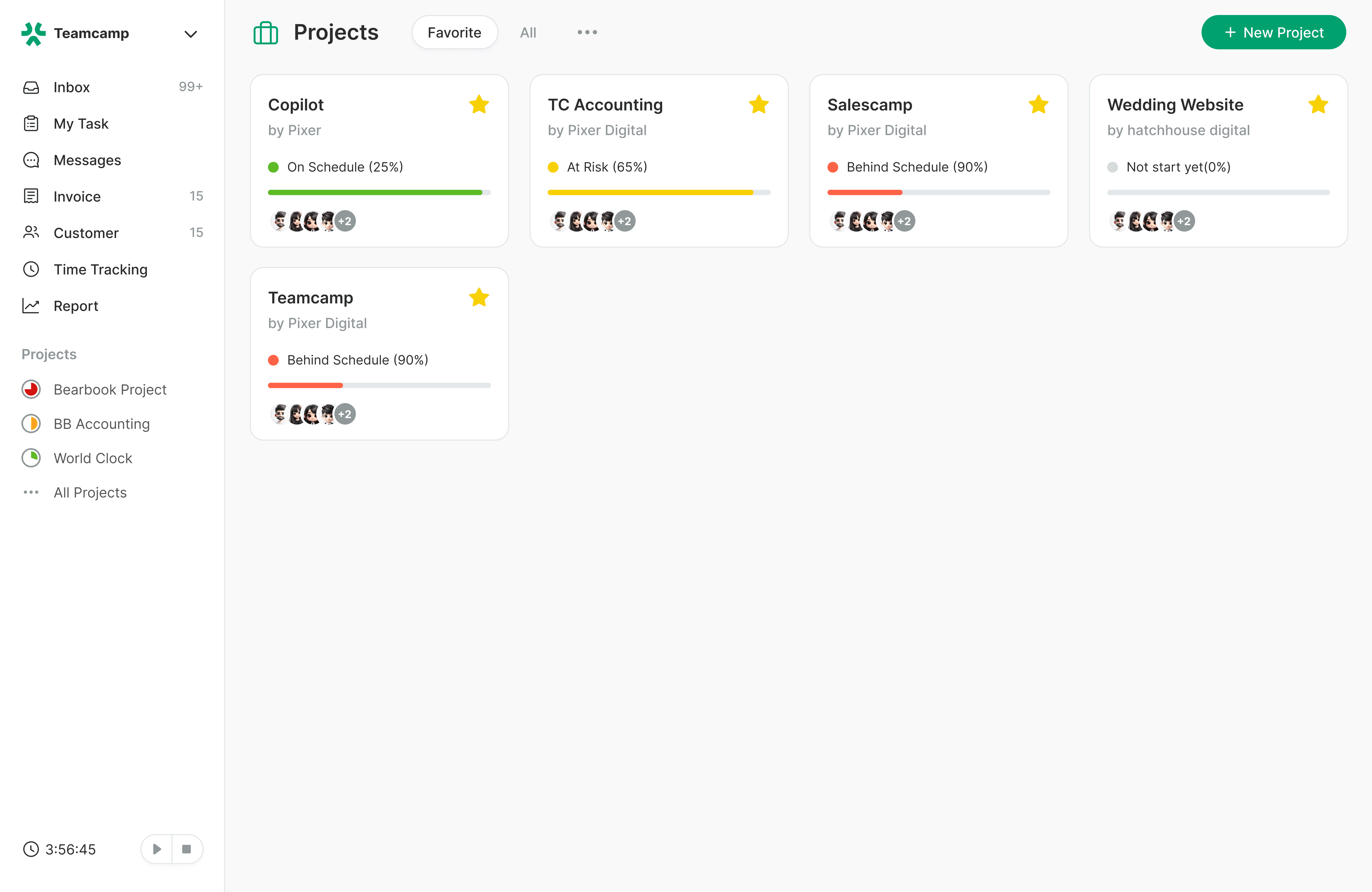Unveiling the Power of Root Cause Analysis Templates in Collaborative Project Management: A Comprehensive Guide
Introduction
In the dynamic landscape of collaborative project management, successful teams recognize the crucial role of effective problem-solving in achieving project objectives. This comprehensive guide delves into the strategic utilization of Root Cause Analysis (RCA) templates, shedding light on their significance and the transformative impact they can have within collaborative project environments.
The Foundation of Root Cause Analysis
Defining Root Cause Analysis
Root Cause Analysis (RCA) is a systematic process employed to identify the fundamental cause of a problem rather than merely addressing its symptoms. In the context of project management, this methodology allows teams to go beyond surface-level issues and uncover the underlying factors affecting project outcomes. By understanding the root causes, teams can implement more effective and targeted solutions.
Significance in Collaborative Project Management
Collaborative project environments thrive on efficient communication, shared responsibility, and collective problem-solving. RCA holds immense significance in such settings as it aligns with the principles of teamwork. Instead of assigning blame or focusing solely on immediate issues, RCA encourages team members to collaborate in identifying and resolving the root causes of problems. This shared approach enhances team cohesion and contributes to more robust project outcomes.
The Anatomy of a Root Cause Analysis Template
Components of an Effective RCA Template
An effective RCA template serves as a structured framework for systematically analyzing and documenting the root causes of a problem. The template typically includes sections for:
Problem Description: Clearly defining the issue at hand.
Potential Causes: Identifying possible factors contributing to the problem.
Corrective Actions: Outlining proposed solutions or preventive measures.
In a collaborative project environment, the RCA template becomes a shared document accessible to all team members. Each member contributes insights, observations, and potential causes, fostering a collective and inclusive approach to problem-solving.
Tailoring Templates to Collaborative Environments
Adapting RCA templates for collaborative settings involves recognizing the diverse perspectives within the team. Collaboration goes beyond mere participation; it entails active engagement from all stakeholders. In the context of RCA templates, this means incorporating mechanisms for team input, feedback, and discussion. By leveraging the collective intelligence of the team, the RCA process becomes more thorough and insightful.
Implementing Root Cause Analysis Templates in Projects
Integration into Project Workflows
Successful integration of RCA templates into project workflows requires a strategic approach. These templates are most effective at specific points in the project lifecycle, such as:
Post-Mortem Analysis: After the completion of a project phase or the entire project.
Issue Resolution: When unexpected problems or setbacks occur.
Embedding RCA into these critical junctures ensures that the analysis becomes an integral part of the project management process. It shifts the focus from merely completing tasks to a continuous cycle of improvement and learning.
Collaborative Approach to RCA Workshops
Conducting RCA workshops as collaborative sessions amplifies the benefits of the analysis. The workshops bring together team members with diverse expertise, encouraging open communication and idea-sharing. Techniques such as brainstorming, affinity diagrams, and fishbone diagrams can be employed to facilitate collaborative discussions. A collaborative RCA workshop ensures that all relevant perspectives are considered, leading to more comprehensive problem-solving.
Overcoming Challenges in Root Cause Analysis
Common Obstacles in Collaborative RCA
Collaborative Root Cause Analysis, while powerful, comes with its set of challenges. Common obstacles include:
Conflicting Viewpoints: Team members may have differing opinions on the root causes.
Communication Gaps: Ineffective communication can hinder the flow of information during the analysis.
Acknowledging these challenges is essential for developing effective strategies to overcome them. It sets the stage for a proactive approach to collaborative problem-solving.
Best Practices for Successful Collaborative RCA
Addressing the challenges of collaborative RCA involves implementing best practices:
Clear Communication Channels: Establishing transparent communication pathways within the team.
Shared Understanding: Ensuring that all team members have a common understanding of the RCA objectives and processes.
By incorporating these best practices, project teams can foster an environment where challenges are met with strategic responses, enhancing the efficacy of the collaborative RCA process.
Realizing the Impact through Case Studies
Success Stories from Collaborative RCA
Real-world examples vividly illustrate the tangible impact of collaborative Root Cause Analysis templates. These case studies serve as narrative threads, showcasing instances where collaborative problem-solving significantly contributed to project success.
Streamlining Workflows for a Global Team:
In a multinational project with a dispersed team, coordinating tasks and maintaining a shared understanding of project workflows posed significant challenges. By implementing collaborative Root Cause Analysis templates, the team created visual representations accessible to all members. This not only clarified individual responsibilities but also highlighted interdependencies. As a result, the project witnessed improved coordination, reduced delays, and increased efficiency, showcasing the transformative power of collaborative RCA.
Enhancing Communication in Cross-Functional Projects:
Another success story revolves around a cross-functional project where diverse teams with varying expertise collaborated. Traditional communication methods were proving insufficient. Introducing RCA templates as visual aids transformed communication dynamics. Team members could now easily comprehend complex processes, reducing the likelihood of misinterpretations. This led to more productive meetings, quicker decision-making, and a harmonized approach to achieving project goals.
These success stories underscore the practical impact of collaborative Root Cause Analysis templates, demonstrating their ability to overcome challenges and significantly contribute to project success.
Integrating RCA Templates into Project Management Tools
Seamless Integration for Enhanced Project Management
In the digital era of project management, the integration of RCA templates with project management tools is pivotal. Recognizing the synergy between Root Cause Analysis and technology, this section explores features and strategies for the smooth incorporation of RCA templates into existing project management tools. The goal is to make RCA an integral part of the project management experience.
Visual Integration into Project Dashboards:
Integrating visual representations directly into project dashboards ensures easy accessibility. Team members can quickly reference RCA templates while monitoring project progress. This visual integration enhances transparency and keeps the team focused on shared objectives.
Interactive Linking with Specific Tasks:
Utilizing interactive features to link detailed RCA templates with specific tasks creates a dynamic project management environment. Team members can seamlessly transition from understanding overarching workflows to diving into the specifics of individual tasks, fostering a more streamlined and efficient project execution.
This seamless integration not only enhances accessibility but also fosters a collaborative environment where teams can leverage the combined power of RCA templates and digital project management tools.
Conclusion
In conclusion, this guide has provided a comprehensive understanding of the power of Root Cause Analysis templates in collaborative project management. By strategically implementing and adapting these templates, project teams can uncover the root causes of issues, fostering a culture of collaboration and ensuring project success.
With each project, each RCA template created and seamlessly integrated, teams contribute not only to their current success but also pave the way for a future of efficient, transparent, and collaborative project management. As organizations continue to embrace the principles of collaborative problem-solving, Root Cause Analysis templates emerge as a fundamental tool, weaving clarity, understanding, and collaboration into the fabric of project success.
Share :




